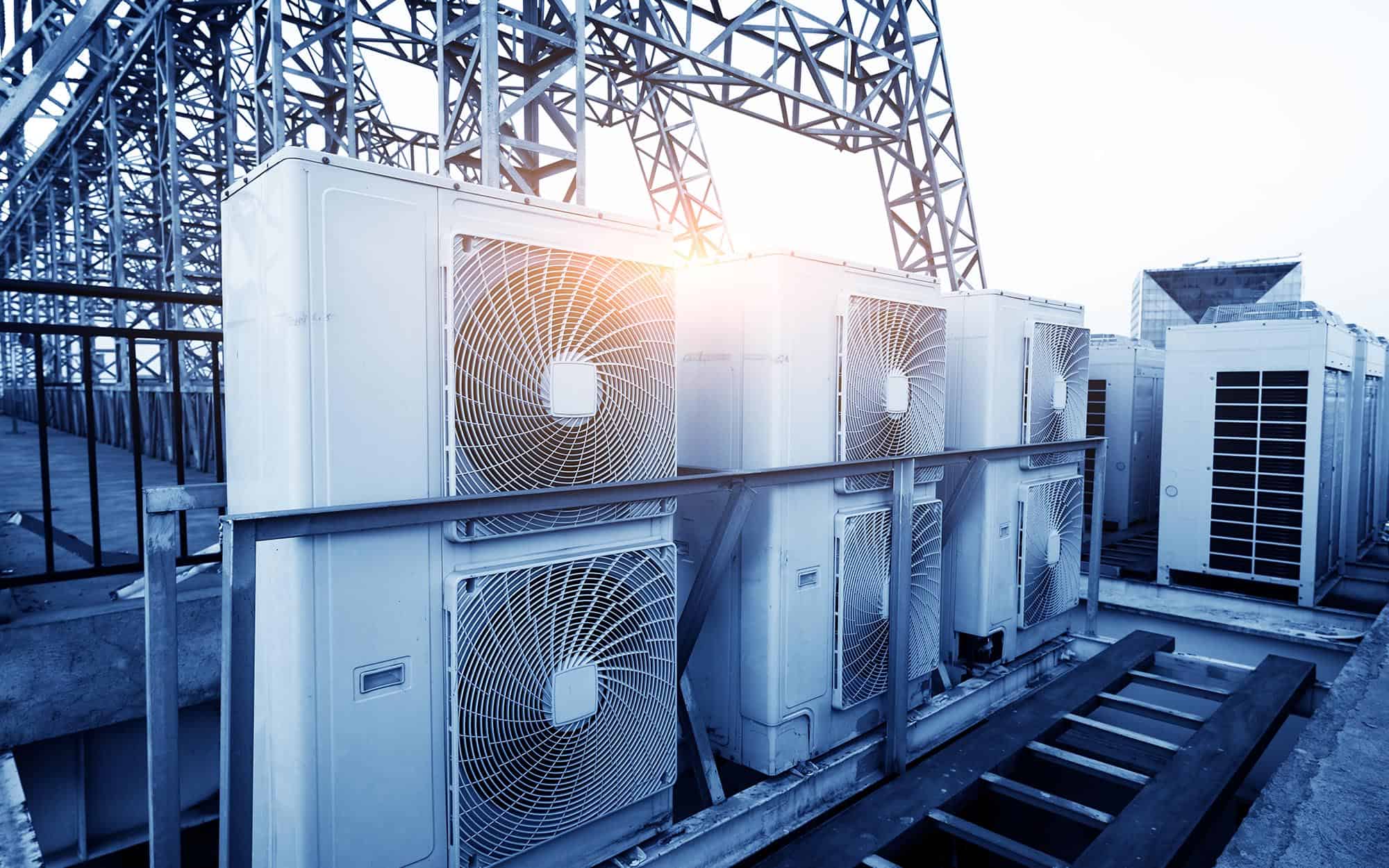Your Guide to Selecting the Right HVAC System for Your Requirements
Choosing a proper A/c system is a vital decision that can significantly influence comfort and energy performance in your home. Furthermore, recognizing the various types of systems readily available and their energy ratings can aid direct your selection.
Recognizing Heating And Cooling System Kind
When selecting a HVAC system, it is crucial to comprehend the various kinds available to fulfill your particular needs. The main categories of heating and cooling systems consist of air conditioning systems, ductless mini-split systems, heat pumps, and heating system systems.
Central air conditioning systems are created to cool several rooms utilizing ductwork to disperse conditioned air. They are excellent for larger homes needing regular temperature level control. Ductless mini-split systems, on the other hand, offer adaptability and efficiency, as they enable zoning capacities, making it possible for individual area temperature level guideline without the requirement for ductwork.
Heat pumps operate by transferring warmth instead than producing it, making them an energy-efficient alternative for both heating and cooling. Alternatively, heating system systems make use of burning to generate warm, using either electrical power, gas, or oil.
Each system has distinctive advantages and factors to consider, consisting of installment needs, upkeep, and general prices. Understanding these kinds will help property owners make educated decisions based on their particular requirements, environment, and budget plan restraints, eventually ensuring optimum convenience and efficiency.
Examining Energy Effectiveness
Energy performance is a crucial aspect in the selection of a HVAC system, as it straight affects both utility costs and environmental sustainability. The Seasonal Energy Performance Ratio (SEER) and the Home Heating Seasonal Performance Element (HSPF) are important signs for air conditioning systems, representing their effectiveness over a common air conditioning and home heating period, respectively.
Furthermore, seek systems that have gained the power celebrity label. This accreditation symbolizes that the tools fulfills rigorous power effectiveness standards established by the U.S. Epa. Take into consideration the system's variable-speed technology, which permits much more reliable procedure by readjusting the output to match need, better boosting energy savings.
Furthermore, correct insulation and air duct securing can considerably affect the system's total performance. In summary, choosing an energy-efficient HVAC system not just reduces your power costs but additionally adds to a much more lasting environment, making it an essential factor to consider in your purchasing process.
Assessing System Size
Choosing the ideal dimension for an a/c system is essential to making certain optimum performance and effectiveness. An undersized system may battle to keep wanted temperature levels, leading to boosted deterioration, higher energy intake, and lessened convenience. On the other hand, a large system can result in rapid cycling, which not just triggers ineffectiveness but also influences moisture control and air high quality.
To analyze the ideal sizing, it is necessary to perform a tons calculation, which considers variables such as the square video footage of the other space, insulation degrees, window dimensions, and regional climate problems - hvac. This estimation assists determine the British Thermal Devices (BTU) required for cooling and heating. Furthermore, it is essential to represent specific demands, such as the number of owners and the existence of heat-generating devices

Installment Prices and Spending Plan
A comprehensive understanding of installation costs is important for companies and property owners considering a new HVAC system. The total expenditure of installment can differ commonly based on several factors, consisting of the sort of system, the complexity of installation, and the area of the property. Generally, installment expenses can range from $3,000 to $10,000, depending on the system's dimension and effectiveness.
When budgeting for a heating and cooling system, it is important to consider not only the initial installment expenses but additionally any type of additional expenditures that might occur, such as ductwork modifications, electric upgrades, or licenses. Furthermore, it is advisable to get several quotes from licensed cooling and heating specialists to ensure affordable pricing.
House owners ought to additionally consider the potential lasting savings related to energy-efficient systems. While the in advance costs may be greater, energy-efficient designs can lead to considerable savings on utility costs in time.

Maintenance and Longevity Considerations

Correct upkeep includes routine assessments, filter substitutes, and cleansing of ducts and coils (air duct cleaning coquitlam). Overlooking these tasks can cause lowered performance, you could try this out increased energy expenses, and premature system failure. House owners need to additionally consider the availability of service contracts, which typically supply scheduled upkeep and concern solution, making sure that the system continues to be in peak problem
Longevity varies by system type; for example, well-maintained central air units can last 15 to 20 years, while heat pumps may have a lifespan of 10 to 15 years. Selecting a system with a solid online reputation for integrity, in addition to buying routine maintenance, can considerably improve the system's resilience. Additionally, choosing higher-efficiency models might bring about long-lasting cost savings on energy bills, stabilizing the preliminary investment in time.
Verdict
In conclusion, picking an appropriate A/c system necessitates cautious factor to consider of he has a good point various aspects, including system kinds, energy effectiveness, and dimension. Ultimately, a knowledgeable choice will improve convenience and performance in domestic atmospheres while maximizing energy cost savings.
Picking an appropriate Cooling and heating system is a vital choice that can dramatically impact comfort and energy effectiveness in your home.Power performance is a critical element in the choice of a Cooling and heating system, as it straight influences both utility costs and ecological sustainability. The Seasonal Power Performance Proportion (SEER) and the Home Heating Seasonal Performance Factor (HSPF) are vital indicators for air conditioning systems, representing their effectiveness over a common cooling and heating season, respectively. Choosing a system with a strong credibility for integrity, along with spending in normal upkeep, can substantially improve the system's toughness.In verdict, choosing a proper A/c system requires cautious consideration of various variables, consisting of system kinds, power effectiveness, and size.